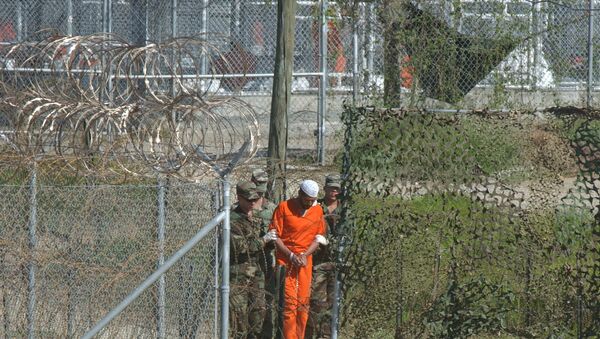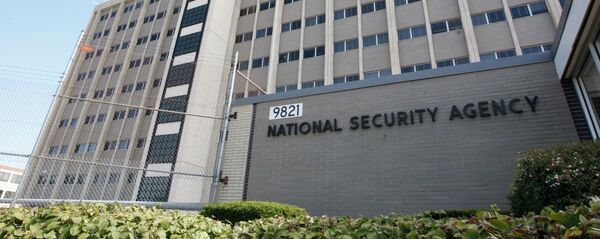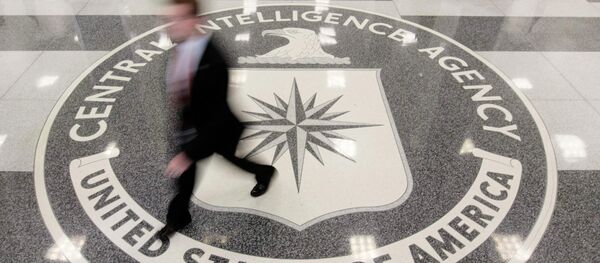In 2003, details about the treatment of prisoners at Abu Ghraib first came to light. Photos highlighted shocking mistreatment, including physical and sexual abuse, as well as torture. The world was outraged. The American public was stunned.
To allay those concerns and justify the US’ use of torture against suspected terrorists after September 11, the Bush administration worked closely with the American Psychological Association to scramble together an ethical framework.
"The APA secretly coordinated with officials from the CIA, White House and the Department of Defense to create an APA ethics policy on national security interrogations which comported with then-classified legal guidance authorizing the CIA torture program,” the report, titled “All the President’s Psychologists," concludes.
The findings are based in part on newly disclosed emails exchanged between psychologists working with the CIA and officials within the APA. Contractors “are doing special things to special people in special places,” one CIA employee wrote to an APA psychologist.
But the organization’s role went deeper. One way the Bush administration justified the torture program was to have interrogation sessions monitored by health professionals. In this way, the Justice Department could argue that its enhanced interrogation was done safely.
Following the release of the Abu Ghraib photos, many healthcare monitors felt uneasy about their role in what was quickly becoming a controversial policy.
To salvage the torture program, the APA summoned a group of government behavioral scientists to discuss and plan an ethical guideline. Within a few months, new APA policies developed in close coordination with CIA proclaimed that it was, in fact, morally acceptable for psychologists to oversee government interrogations.
"In 2004 and 2005, the CIA torture program was threatened from within and outside the Bush administration," Stephen Soldz, a professor with the Boston Graduate School of Psychoanalysis and lead author of "All the President’s Psychologists," told the New York Times. "Like clockwork, the APA directly addressed legal threats at every critical juncture facing the senior intelligence officials at the heart of the program. In some cases the APA even allowed these same Bush officials to actually help write the association’s policies."
The APA’s blessing may have allowed the torture program to continue on for another few years.
Why psychologists specifically? The US government publicly preferred the American Psychological Association over other healthcare groups since that organization was more willing to play ball.
"[The APA] clearly supports the role of psychologists in a way our behavioral science consultants operate," Dr. William Winkenwerder, former assistant secretary of defense for health affairs, told reporters in 2006, explaining the Pentagon’s preference to employ psychologists at Guantanamo Bay.
"The American Psychiatric Association, on the other hand, I think they had a great deal of debate about that, and there was some who were less comfortable with that," he said.
Other investigations are also looking into the APA’s questionable role in the US War on Terror. An independent review is also currently underway, though that investigation was launched by the APA itself.





